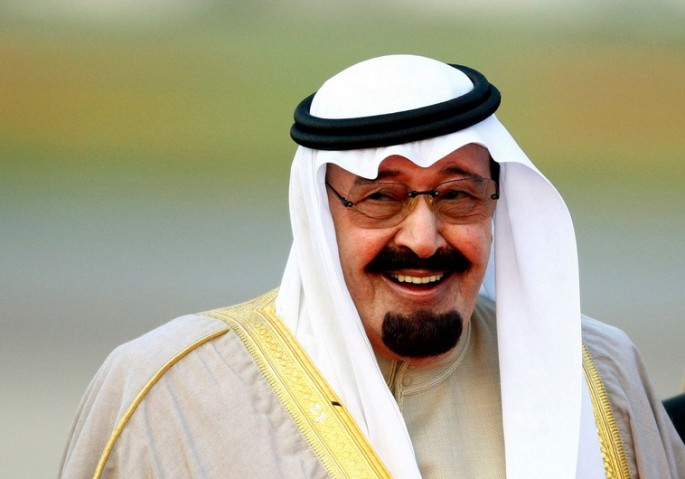On Friday, the 90 year-old King Abdullah of Saudi Arabia died, reported a Kingdom-run press agency. He was laid to rest following a ceremony; his body wrapped in a white shroud and lowered into a grave. His half-brother and successor, Salman, led the ceremony's prayers, promising the continuity of his works.
In a public speech, King Salman-the new king, said that he will continue his predecessor's policies and the fight against extremism and ISIS. "The Islamic and Arab nations are in deep need of cohesion and solidarity," King Salman said.
Together with the honor of being the Kingdom's new king is his inheritance of the bloody insurgency in Iraq, Syria, and a few other neighboring states that have been deeply fractured by the on-going violence. This upheaval has seen huge influence of both the sectarian and regional rival- Iran.
Tehran, at present, is a big part in a conflict against Isis, while the Shia tribe allies- the Houthis, have seized control over Sanaa.
King Salman, 79, immediately made two appointments that, somehow, has given people a hint as to where the government policies will point.
Mohammed bin Nayef, the present head of the Counter-Terrorism Department and Interior Minister, is now the Deputy Crown Prince. In February 2013, this same person was appointed as intelligence chief.
Mohammed bin Salman, the new king's son, is now the Defense Minister. Though he is not as famous as the other appointee, he is said to practice pro-Western sympathies regarding the use of Islamists in foreign lands as tools of foreign Saudi policies.
The newly appointed King Salman updated his Twitter account and wrote, "I am asking God to be with me towards success in my service for the Saudi people."



























